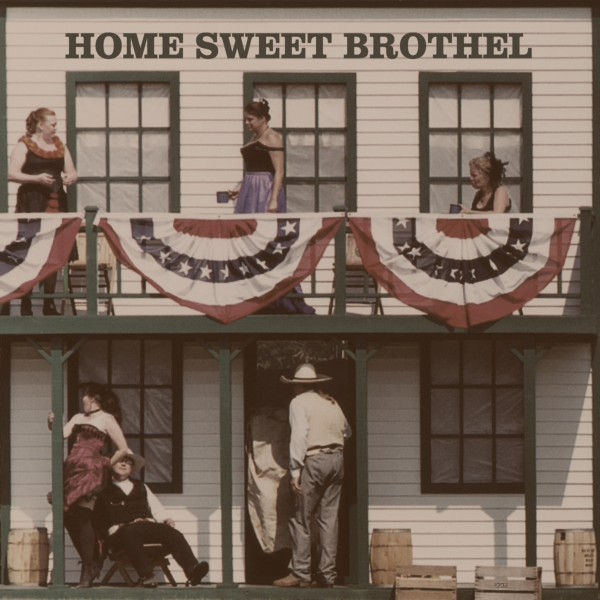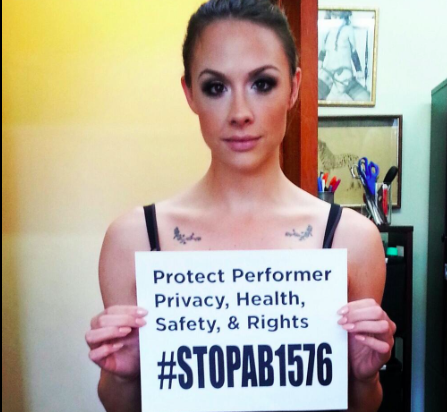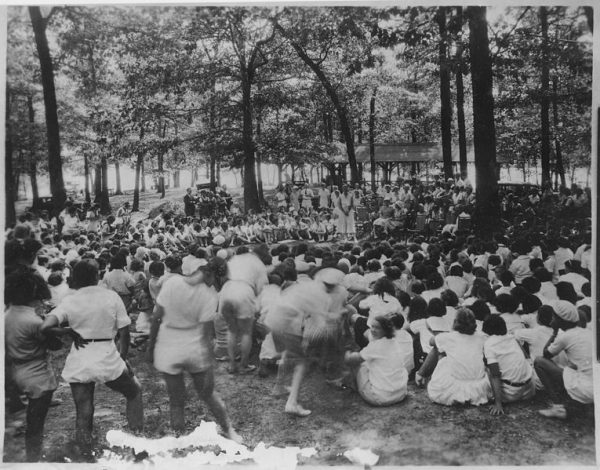Nevada’s Brothels: Legalization Serves The Man

One of the many questions OkCupid users can answer to determine compatibility with potential mates is “Should prostitution be legal?” The answer options are:
- Yes, absolutely
- Yes, only if it were regulated
- I don’t think so
- ABSOLUTELY NOT (emphasis theirs)
In my four years of using the site, I’ve noticed that those who choose answer “2” frequently add something in the comments about regulations being necessary to protect workers from harm. Somewhat less frequently someone comments that regulations protect the health and general well-being of the public. My sample size is, of course, limited, but that thinking isn’t all that different from members of the general public who support legalization. Legalization, the thinking goes, would protect the public from the perceived health risks associated with prostitution by mandating testing, provide states with tax money (which relies on the false assumption that sex workers don’t currently pay taxes) and would control when and where sex work could be done. And, if prostitution was legal, sex workers would be safer because they would feel more comfortable utilizing the criminal legal system.
What they forget is that we have an example of legal prostitution in the United States: regulated, licensed brothels in the state of Nevada. While legalization provides benefits to the state, the workers are still treated as second-class citizens. Nevada has been home to brothels since the late 1800s, and the first licensed brothel opened there in 1971. Currently, there is no statute explicitly stating that prostitution is legal, but under state law, counties in Nevada with populations under 400,000 can allow brothels. These brothels are the only places in the United States where one can engage in legal prostitution, and the people doing this work are governed by three different sets of regulations: state laws, county laws and brothel rules.1 While the state laws are easy to access and review, county laws are less so, and brothel rules are not available to the public. The small size of the counties and towns that the brothels are in means that rules frequently change depending on the mood of the sheriff. This form of legalization is a combination of modern business law and Wild West attitudes.



